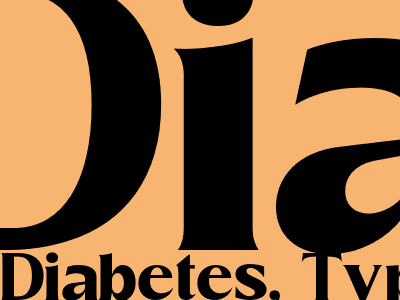
How to Manage Type 1 Diabetes
What is Type 1 Diabetes?
Type 1 diabetes is a chronic autoimmune disease in which the pancreas produces little or no insulin. Insulin is a hormone that helps glucose, or sugar, get from the blood into the cells for energy.
Without insulin, blood sugar levels can get too high, which can lead to serious health problems, including heart disease, stroke, kidney disease, and blindness.
Symptoms of Type 1 Diabetes
The symptoms of type 1 diabetes can come on suddenly and may include:
- Frequent urination
- Excessive thirst
- Unexplained weight loss
- Increased hunger
- Fatigue
- Blurred vision
- Slow-healing sores
- Frequent infections
Managing Type 1 Diabetes
There is no cure for type 1 diabetes, but it can be managed with a combination of insulin therapy, diet, and exercise.
Insulin Therapy
Insulin therapy is the cornerstone of type 1 diabetes management. Insulin can be taken in several different ways, including injections, an insulin pump, or an inhaled insulin.
The type of insulin and the dosage will vary depending on the individual's needs.
Diet
A healthy diet is important for everyone, but it is especially important for people with type 1 diabetes.
Eating a diet that is low in carbohydrates and high in fiber can help to keep blood sugar levels stable.
Exercise
Regular exercise can help to improve insulin sensitivity and lower blood sugar levels.
People with type 1 diabetes should talk to their doctor before starting an exercise program.
Living with Type 1 Diabetes
Living with type 1 diabetes can be challenging, but it is possible to live a full and healthy life.
With proper management, people with type 1 diabetes can prevent or delay the development of serious complications.
World Diabetes Day
World Diabetes Day is a global awareness campaign that takes place on November 14th of each year.
The goal of World Diabetes Day is to raise awareness about diabetes and its impact on the lives of millions of people around the world.
On World Diabetes Day, people around the world come together to share their stories, raise funds for research, and advocate for better access to care.